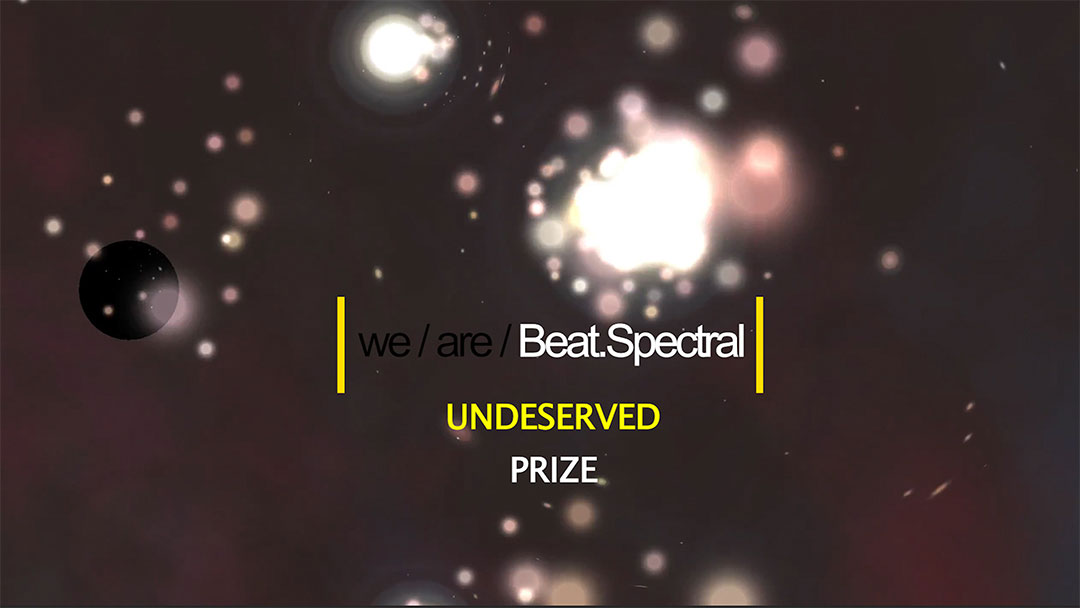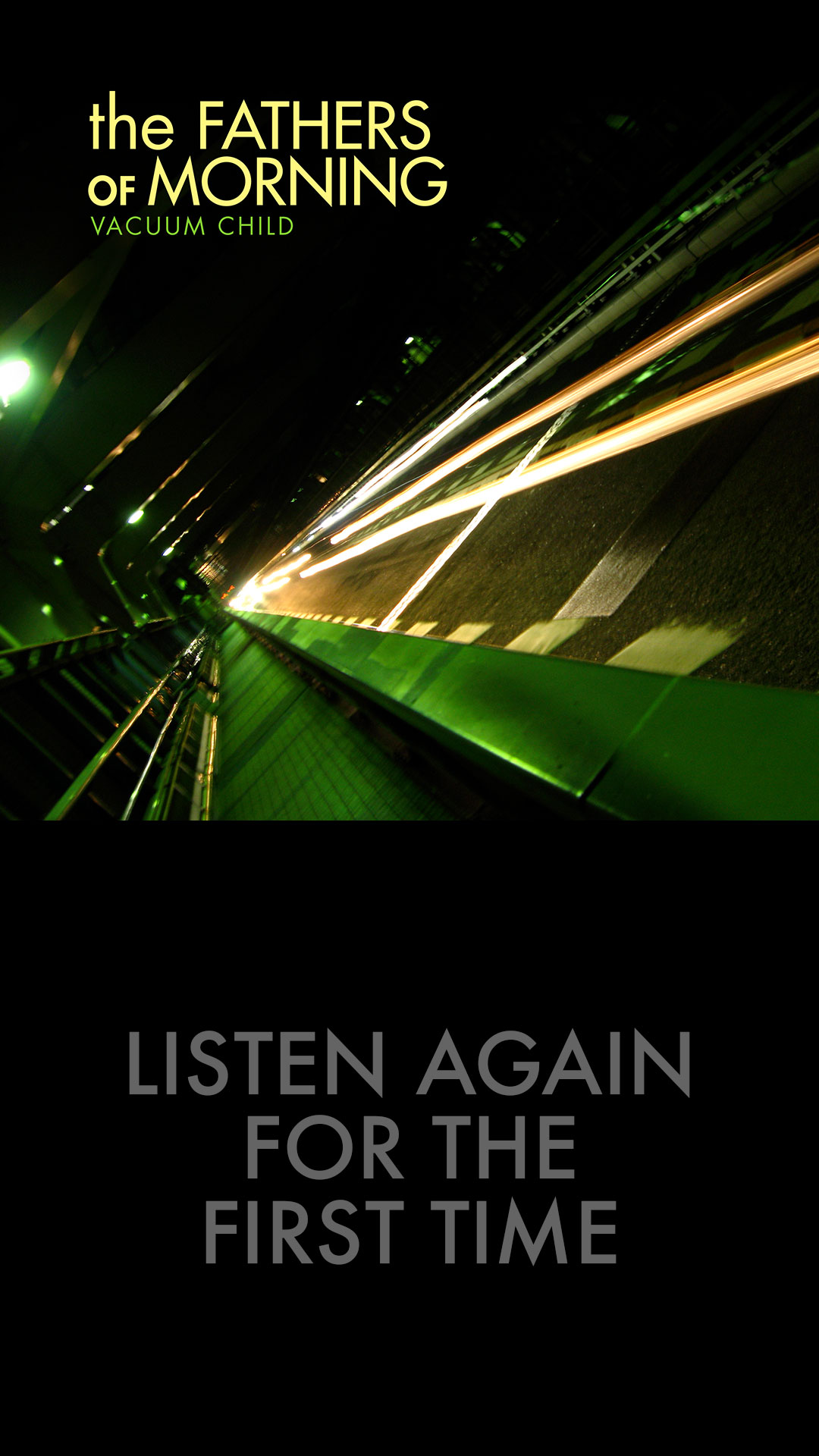 Fronted by the nervous guitar and earnest vocals of Richard Barone, the Bongos grabbed the torch from the Talking Heads to light the way into the 1980s for a second generation of eye-opening New York bands that sounded nothing like their predecessors. Dedicated to the proposition that the tired and huddled masses could still find comfort at CBGB (or at Maxwell’s across the Hudson River), the Bongos ruled the greater-NYC roost. A stimulating succession of solo releases, topped by this year’s Glow (Bar/None), leaves no doubt that Barone is still hitting on all cylinders, a vital and imaginative force in today’s music scene when most of his contemporaries have fallen by the wayside. Barone will be guest editing magnetmagazine.com all week. Read our Q&A with him.
Fronted by the nervous guitar and earnest vocals of Richard Barone, the Bongos grabbed the torch from the Talking Heads to light the way into the 1980s for a second generation of eye-opening New York bands that sounded nothing like their predecessors. Dedicated to the proposition that the tired and huddled masses could still find comfort at CBGB (or at Maxwell’s across the Hudson River), the Bongos ruled the greater-NYC roost. A stimulating succession of solo releases, topped by this year’s Glow (Bar/None), leaves no doubt that Barone is still hitting on all cylinders, a vital and imaginative force in today’s music scene when most of his contemporaries have fallen by the wayside. Barone will be guest editing magnetmagazine.com all week. Read our Q&A with him.

Barone: Guitars are weird. Or maybe it’s me. On one hand, I love the traditional electric guitar: a classic Les Paul with a couple of humbucker pickups and a cable plugged into an amp. On the other hand, I love seeing how far innovative technology can go. And I can’t think of another 100-plus-year-old American company as devoted to innovation as Gibson Guitar. Especially when you consider they don’t really have to be. Guitar enthusiasts would be just as happy if they simply kept making the old favorites. Even me. I never would have thought I wanted a digital guitar. But when I read in Wired magazine that Gibson had been developing a pure digital “hex” pickup, I wanted to see and hear what it was all about. Through my artist rep at the company, I got my hands on an early, sort-of-gun-metal-blue prototype of the Les Paul Digital and started playing it on every session. The feature that blew me away, besides the Ethernet-type cable, was the fact that you could separate each string in recording or live situations, sending it to its own to its own channel, track or amp. In stereo, that means left, right, center and every place in-between. Not to mention that, finally, I could put different effects on each string without affecting the others. It has to be the kind of thing Les Paul himself was aiming for when he invented, not just the guitar that bears his name, but the very multi-tracking recording process we take for granted, all those years ago. Between the Digital (actually, the HD.6-X Pro Digital Les Paul), robot technology (an electronic tuning system that allows you to preset standard and open-tunings, which can be accessed at the turn of a knob) and myriad other innovations coming soon, it’s cool to know that the future is as suitably futuristic as we were promised. And it’s also nice to know you can still get the old stuff, too.
Video after the jump.














One reply on “Richard Barone’s Got A Secret: Digital Guitars, The Future And The Past”
[…] Right here. […]